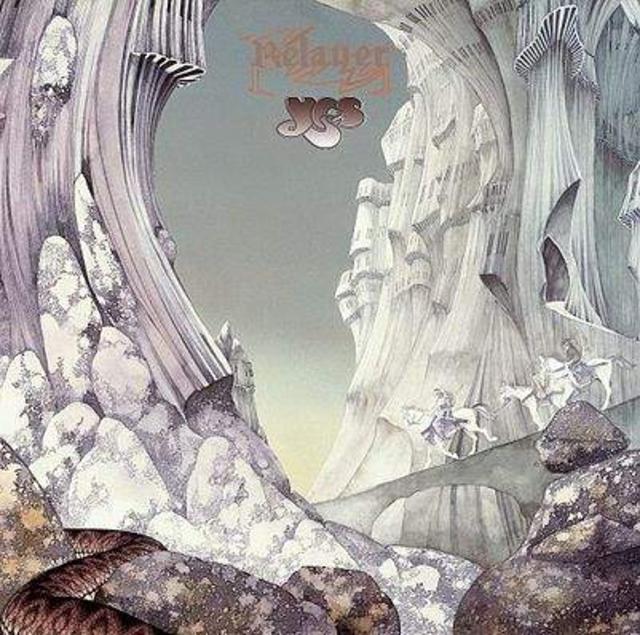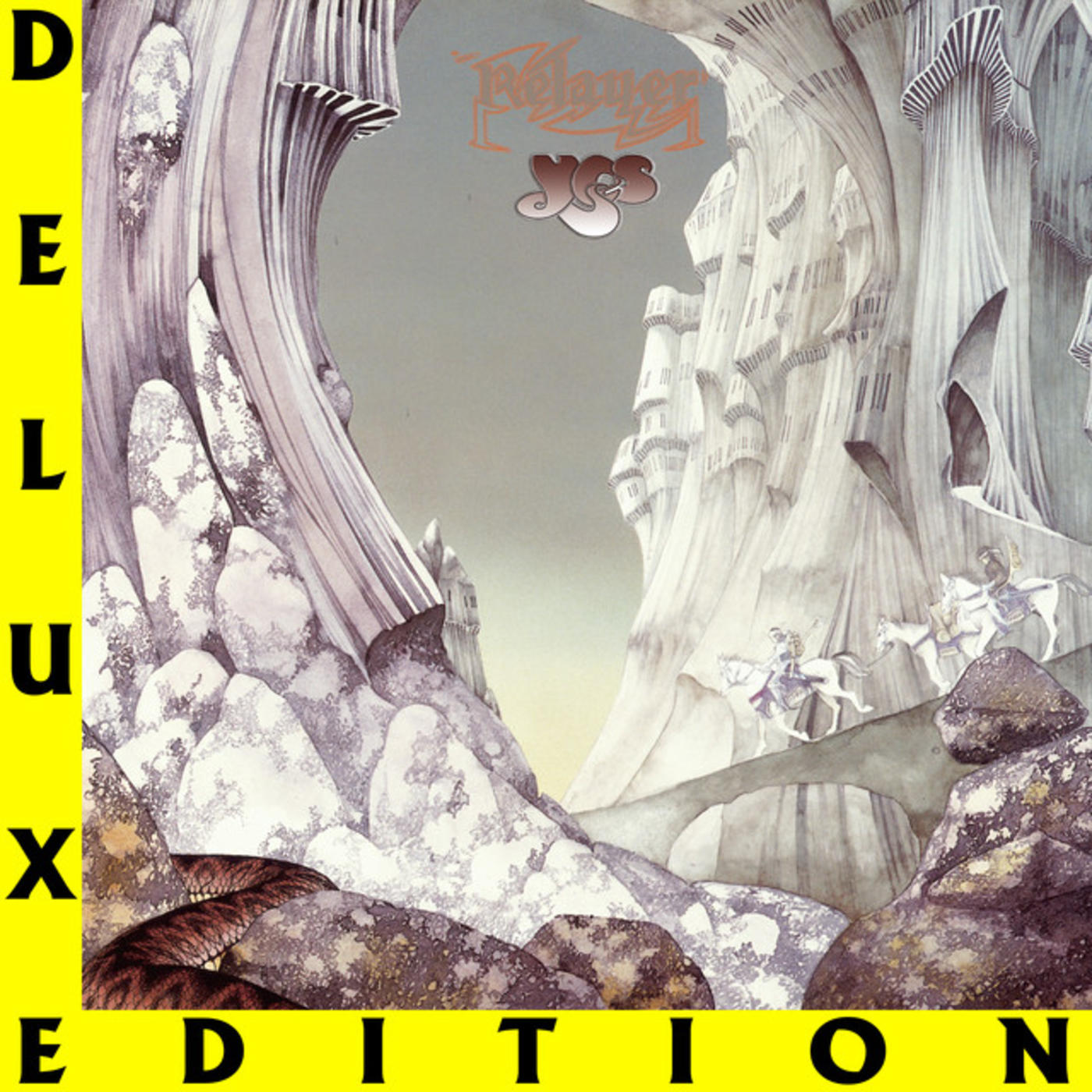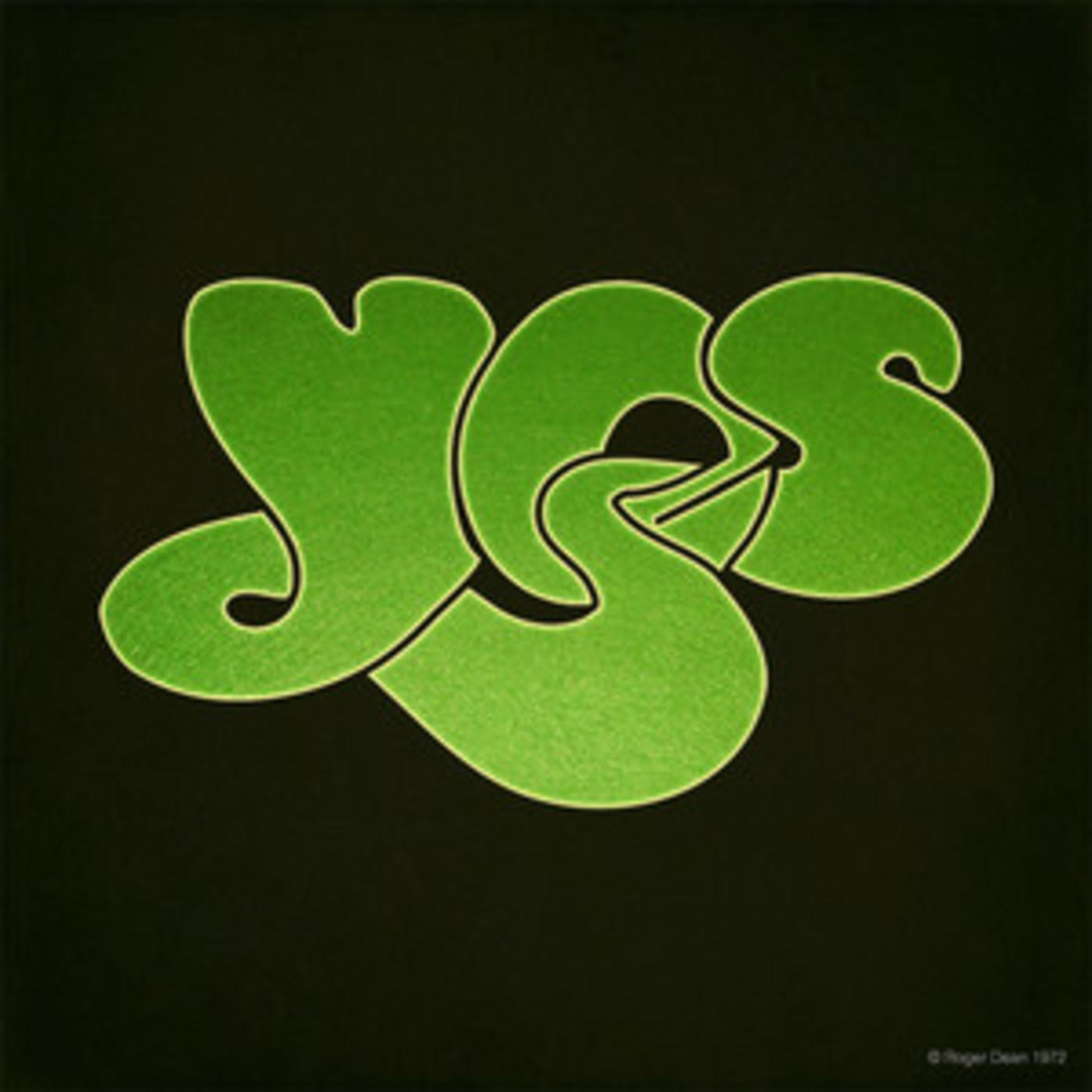Happy Anniversary: Yes, Relayer

40 years ago today, Yes released their first and only full-length studio album featuring keyboardist Patrick Moraz, an effort which consisted of a grand total of three songs…but, of course, this is Yes we’re talking about, so the whole thing still ended up with a run time of over 40 minutes.
If you’re a big-time fan of the band, then you already know the story of how the aforementioned Mr. Moraz came to briefly join their ranks, but let’s quickly run through the tale for those who may not be as well-versed in the Yesstory. Basically, Rick Wakeman got fed up with the way things were heading with the band during the course of recording Tales of Topographic Ocean – like, to the point where he disliked the album’s concept and structure that he reportedly spent more time drinking and playing darts than actually contributing to the music – and when it became evident that things weren’t changing much for the next record, he opted instead to pursue his solo career in earnest. Upon his departure, the band came remarkably close to replacing Wakeman with Vangelis, but either Vangelis couldn’t make up his mind or he couldn’t get the necessary work permits for the UK (both explanations float around the ‘net on various websites), but in the end they opted to go with Moraz, a decision doubtlessly aided by Moraz’s previous work with Lee Jackson and Brian Davison of The Nice in their early ‘70s band, Refugee.
In regards to Relayer, when you’re looking back on an album on which the shortest song is still over nine minutes in length, it should come as no surprise to discover that none of the three tracks ended up hitting the Billboard Hot 100. Still, give Atlantic Records credit for trying: a portion of the epic “The Gates of Delirium” was excised, entitled “Soon,” and released as a single. Of course, you’d have to be suffering from delirium to think that it was going to be able to compete with the other tunes of the time – it was released as a single in July 1975, the summer of Glen Campbell’s “Rhinestone Cowboy” – but that kind of insane optimism is worthy of a standing ovation.
Ultimately, Relayer wasn’t quite as popular as its predecessor in the UK – Tales of Topographic Oceans was actually a chart-topper – but it hit #4, which is still a decidedly strong showing, and in the US it made it to #5, a spot higher than Oceans had gotten. After its release, however, the various members of Yes opted to take a break to release solo albums – and we’re talking every single one of them, even drummer Alan White, who put out 1975’s Ramshackled and hasn’t done another album under his own name since – and by the time the band got back together to record Going for the One, Moraz had taken his leave and Wakeman had returned to the fold.
Still, Moraz brought a little bit of his special brand of keyboard magic to the group for at least one album, and his efforts were commendable. (Plus, we wouldn’t be surprised if his work on Relayer wasn’t at least part of the reason he ended up scoring that sweet gig with the Moody Blues a few years later.)


